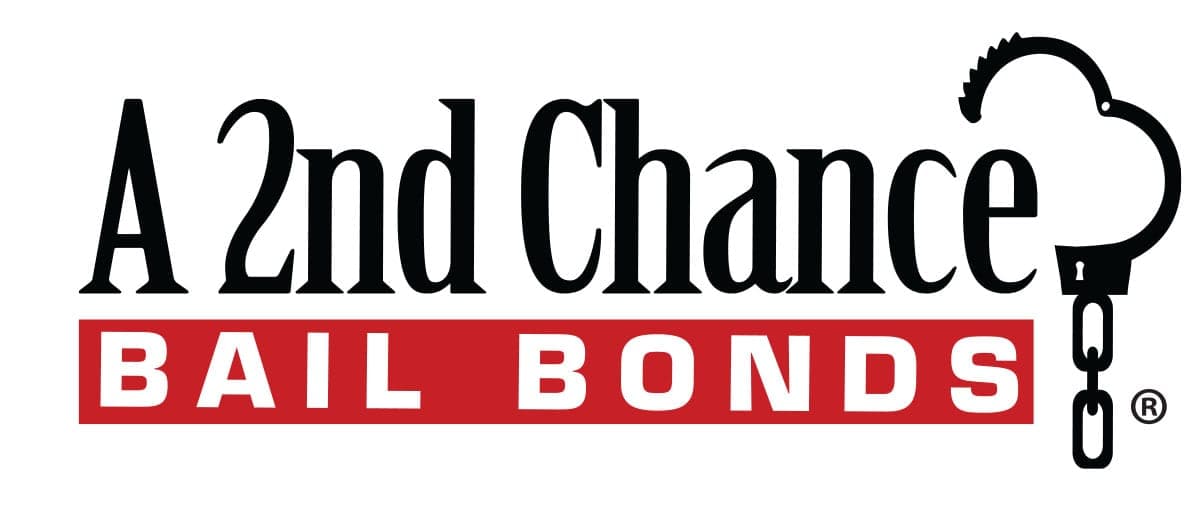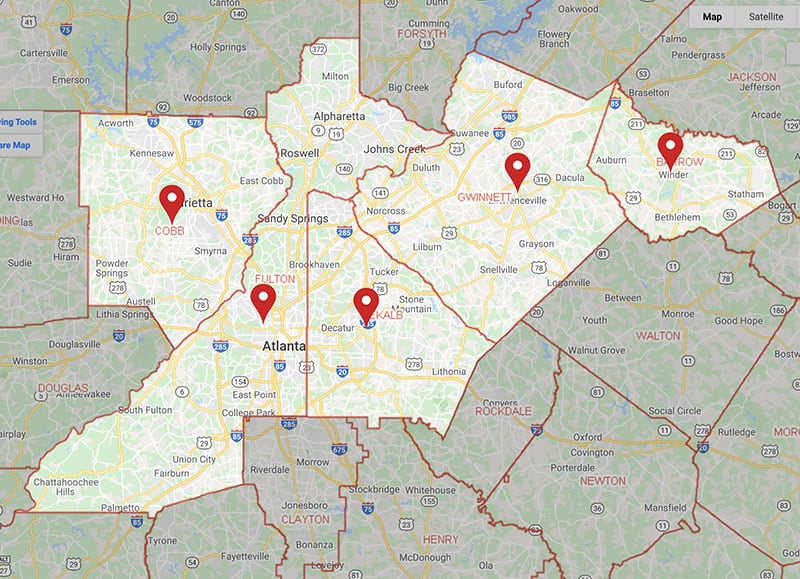
Across Georgia, attorneys managing firms large and small have little data to help them make pivotal “return to work” decisions during the COVID-19 pandemic. As a result, few firms are rushing back to the office. While the ongoing uncertainty associated with COVID-19 may be delaying actions, these decisions are weighing heavily on attorneys’ minds. As the deliberations continue, the Georgia State Bar Association has prepared a wealth of resources to help attorneys weigh their options.
Option 1: The “soft re-opening”
In most cases, a law firm employing the “soft re-opening” strategy staggers staffing, inviting subsets of office personnel to occupy the space on a rotating basis. Soft openings rely on standard protective measures, such as sanitized workspaces, social distancing and universal mask wearing.
If you are considering a “soft re-opening,” consult the state bar’s recommendations for office reopenings. Key documents such as a Back to Business Checklist, an Operational Checklist for Reopening and Restarting Your Law Firm offer valuable tips and resources to incorporate into your re-opening plans.
Once attorneys and employees start returning to the office, you’ll need additional information about how to continually monitor their COVID-19 health status. If an employee tests positive for the virus, you’ll need to quickly inform everyone on site and enact a protocol for internal contact tracing.
OPTION 2: Continue working remotely.
Lawyers who are opting to stay the course and continue working remotely can benefit from knowing the ins and outs of the Virtual Law Office (VLO). In fact, some legal experts view the Virtual Legal Practice as the preferred model for the future.
Resources to guide virtual operations include The Complete Guide to Working Remotely as a Lawyer and Employee Remote Work Policy and Agreement. In addition, smaller firms choosing to work remotely will likely find equipping, securing and managing remote workers challenging. For help on all three of those fronts, refer to 7 types of tech tools to help lawyers set up virtual offices.
The confidential nature of legal matters requires that everyone working in the organization consistently secure their workplaces, devices and data. A recent article in Georgia Bar Journal reviews the most useful cybersecurity resources of 2020.
No matter which option you choose, be aware that working during a pandemic can generate stress and angst for many in your organization. They have lost the familiar predictability and order of their work. To better understand the less visible effects of COVID-19, review A Virtual Structure for Law Firms – Guidelines for Containing Your Lawyers’ Anxiety in the Age of COVID-19. You can also revisit our recent blog post, Are You an Anxious Attorney? Tips for Managing Your Mental Health in Uncertain Times.
Whether you are working from your office or remotely, A 2nd Chance Bail Bonds remains at the ready to assist you and your clients around the clock. We are in our offices every day, but can also process bail bonds electronically, if preferred.














